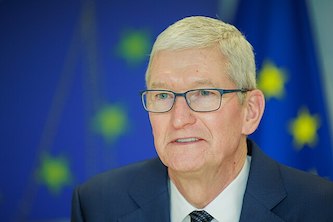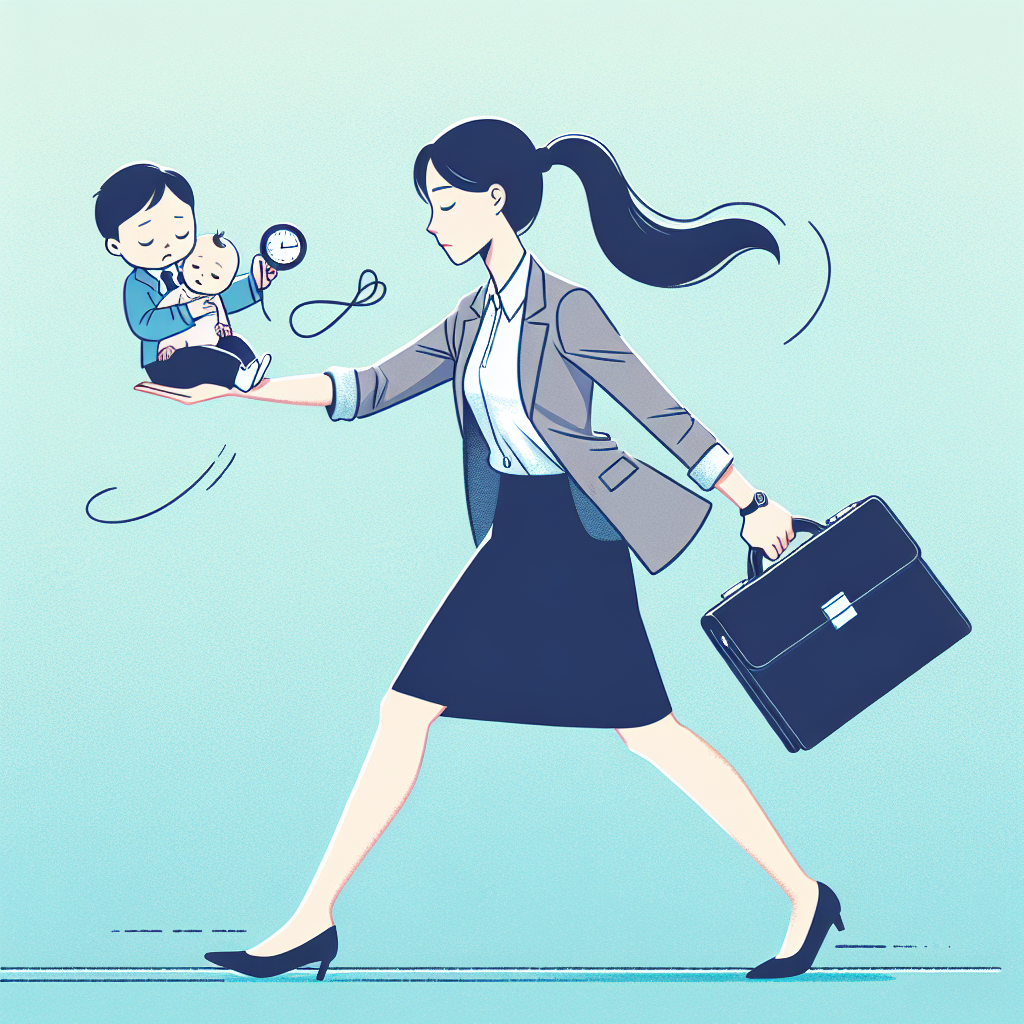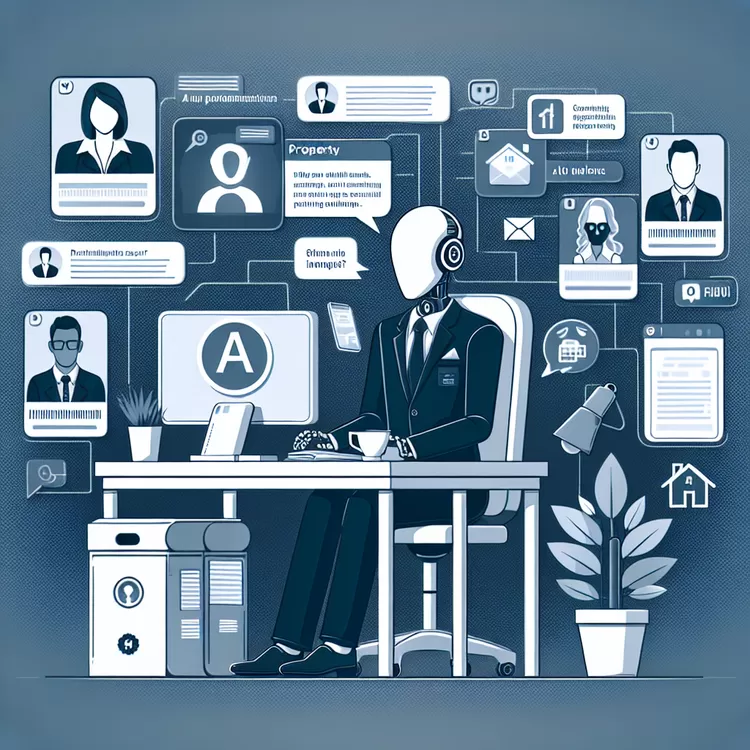An EU lawyer thinks Apple should pay €13 billion in back taxes to Ireland. This is because a previous ruling that let Apple avoid paying this amount was overturned. The lawyer, Advocate General Giovanni Pitruzzella, said the earlier ruling in Apple’s favor didn’t look at certain mistakes that affected the tax decisions. Even though this legal opinion isn’t final, the court usually agrees with these opinions in most cases.
In response, an Apple spokesperson repeated that the first ruling showed the company didn’t get any special treatment or help from the government. The European Commission had found that Apple got unfair special treatment from Ireland, letting it pay much less tax than other companies. This case has become a symbol of the Commission’s efforts to deal with what it sees as big tax avoidance by big companies.
The Irish government says Apple shouldn’t have to pay the back taxes. They say the benefits of having the company in Ireland are more important than losing tax money. Ireland has one of the lowest corporate tax rates in the EU, and it’s where Apple’s operations in Europe, the Middle East, and Africa are based. While countries set their own corporate tax rates and the EU doesn’t control that, the EU can regulate state aid. In this case, it said Ireland was giving an unfair subsidy to Apple.
Before, a lower court said the European Commission’s decision for Apple to pay back taxes was legally wrong and should be canceled. But with this new development, that ruling itself could be canceled. This ongoing story shows the complicated and controversial issues around big companies, tax avoidance, and the EU’s role in regulating state aid.
Original news source: Apple should pay €13bn Irish tax, argues EU lawyer (BBC)
Listen
Slow
Normal
Fast
Group or Classroom Activities
Warm-up Activities:
– News Summary
Instructions: Students will work in pairs to summarize the article in their own words. Each pair will have two minutes to discuss the article and then one minute to present their summary to the class. Encourage students to focus on the main points: the EU lawyer’s opinion, Apple’s response, the Irish government’s stance, and the broader implications for corporate tax rates in the EU.
– Opinion Spectrum
Instructions: Create a line in the classroom representing a spectrum of opinions from ‘strongly agree’ to ‘strongly disagree’. Read out statements related to the article, such as “Large companies should pay more taxes” or “The benefits of having big companies in a country outweigh the tax revenue lost.” Students will place themselves along the spectrum according to their opinion. Afterward, select students from different points on the spectrum to explain their position.
– Keyword Taboo
Instructions: Write down keywords from the article on individual cards (e.g., taxes, ruling, Ireland, subsidy, EU, avoidance). Divide the class into two teams. A player from one team draws a card and must describe the word to their team without using the word itself or any additional words listed on the card. Each team will have one minute to guess as many words as possible, with one point awarded for each correct answer.
– Headline Creation
Instructions: Ask students to work in small groups to create a compelling newspaper headline that could accompany the article. Encourage them to think about what makes a headline attention-grabbing and informative. After ten minutes, each group will share their headline with the class and explain their choice of words.
– Future Predictions
Instructions: Have each student write down their prediction about the outcome of this legal battle and its impact on the future of corporate taxes within the EU. They should consider the possible decisions of the court, Apple’s actions, and potential changes in EU regulations. Then, students will form pairs to discuss their predictions and share them with the class. This can also lead to a discussion about how such events can affect their own countries’ economies and policies.
Comprehension Questions:
1. What amount does the EU lawyer believe Apple should pay in back taxes to Ireland?
2. What was the reason given by Advocate General Giovanni Pitruzzella for overturning the previous ruling?
3. How often does the court agree with the legal opinions provided by advocates like Pitruzzella?
4. What argument did an Apple spokesperson make regarding the company’s tax treatment by the government?
5. What has the European Commission accused Apple of receiving from Ireland?
6. Why does the Irish government think Apple should not pay the back taxes?
7. Where are Apple’s operations for Europe, the Middle East, and Africa based, and what is notable about this location’s corporate tax rate?
8. What does the ongoing story involving Apple and the EU demonstrate about the issues faced by the EU?
Go to answers ⇩
Listen and Fill in the Gaps:
An EU lawyer thinks Apple should pay €13 billion in back taxes to Ireland. This is because a previous ruling that let Apple avoid paying this amount was (1)______. The lawyer, Advocate (2)______ Giovanni Pitruzzella, said the earlier ruling in Apple’s favor didn’t look at certain mistakes that affected the tax decisions. Even though this legal (3)______ isn’t final, the (4)______ usually agrees with these opinions in most cases.
In (5)______, an Apple spokesperson repeated that the first ruling showed the company didn’t get any special (6)______ or help from the government. The European Commission had found that Apple got unfair special treatment from Ireland, letting it pay much less tax than (7)______ companies. This case has (8)______ a symbol of the Commission’s efforts to deal with what it sees as big tax avoidance by big companies.
The Irish (9)______ says Apple shouldn’t have to pay the back taxes. They say the benefits of having the company in Ireland are more important than losing tax money. Ireland has one of the lowest (10)______ tax rates in the EU, and it’s where Apple’s operations in Europe, the (11)______ East, and Africa are (12)______. While countries set their own corporate tax rates and the EU doesn’t control that, the EU can regulate state aid. In this case, it said Ireland was giving an unfair subsidy to (13)______.
Before, a (14)______ court said the European Commission’s decision for Apple to pay back taxes was legally (15)______ and should be canceled. But with this new development, that ruling itself could be canceled. This (16)______ story shows the complicated and controversial issues around big companies, tax avoidance, and the EU’s role in regulating state aid.
Go to answers ⇩
Discussion Questions:
Students can ask a partner these questions, or discuss them as a group.
1. What do you think about companies paying taxes? Is it important?
2. How would you feel if you found out a big company wasn’t paying as much tax as they should?
3. Do you believe that big companies sometimes get special treatment? Why or why not?
4. If you had a business, would you want to pay less tax? Why or why not?
5. What is tax avoidance? Do you think it’s a big problem?
6. How do you think the government should spend the taxes they collect from companies?
7. Do you think it’s fair for one company to pay less tax than another? Why or why not?
8. What are some benefits that a big company like Apple can bring to a country?
9. Do you like the idea of countries having different tax rates? Why or why not?
10. How do you think Ireland feels about the possibility of Apple paying €13 billion in back taxes?
11. Do you think the EU should have the power to regulate state aid? Why or why not?
12. What is a subsidy? Do you think it’s okay for governments to give subsidies to certain companies?
13. Have you ever heard of a similar tax case in your country? What happened?
14. Do you think Apple should pay the €13 billion to Ireland? Why or why not?
15. What do you think will happen if Apple has to pay a lot of money in back taxes? How might it affect consumers?
Individual Activities
Vocabulary Meanings:
Match each word to its meaning.
Words:
1. lawyer
2. taxes
3. ruling
4. spokesperson
5. unfair
6. subsidy
7. ongoing
8. controversial
Meanings:
(a) A person who practices or studies law
(b) Financial assistance or support
(c) Continuing, still happening
(d) Not just or impartial
(e) An official decision made by a judge or court
(f) Causing disagreement or discussion
(g) Money paid to the government
(h) A person who speaks for a group or organization
Go to answers ⇩
Multiple Choice Questions:
1. Why does the EU lawyer think Apple should pay €13 billion in back taxes to Ireland?
(a) The lawyer wants to punish Apple for other reasons
(b) The lawyer wants to help Ireland get more money
(c) A previous ruling that let Apple avoid paying this amount was overturned
(d) The lawyer wants to make Apple pay more than other companies
2. What did the Apple spokesperson say in response to the EU lawyer’s opinion?
(a) The first ruling showed the company didn’t get any special treatment or help from the government
(b) Apple will pay the back taxes without any issue
(c) Apple admitted to getting special treatment from the government
(d) Apple thinks the EU lawyer is right and will pay the back taxes
3. Why does the European Commission think Apple got unfair special treatment from Ireland?
(a) It charged Apple more tax than other companies
(b) It didn’t let Apple pay any tax at all
(c) It let Apple pay much less tax than other companies
(d) It gave Apple a special award for paying taxes
4. Why does the Irish government say Apple shouldn’t have to pay the back taxes?
(a) They want to punish Apple for avoiding taxes
(b) They think Apple should pay even more taxes
(c) They want to help the EU get more money
(d) The benefits of having the company in Ireland are more important than losing tax money
5. What does the article say about Ireland’s corporate tax rates?
(a) It has one of the highest corporate tax rates in the EU
(b) It has the same corporate tax rates as other EU countries
(c) It doesn’t have any corporate tax rates
(d) It has one of the lowest corporate tax rates in the EU
6. What can the EU regulate in this case?
(a) Corporate tax rates
(b) State aid
(c) International trade
(d) Immigration policies
7. What did a lower court say about the European Commission’s decision for Apple to pay back taxes?
(a) It said the decision was legally right and should be enforced
(b) It said the decision was legally wrong and should be canceled
(c) It said the decision was fair and should be supported
(d) It said the decision was unfair but should still be enforced
8. What does this article show the complicated and controversial issues around?
(a) Big companies, tax avoidance, and the EU’s role in regulating state aid
(b) Small companies, tax compliance, and the EU’s role in regulating state aid
(c) Individuals, tax evasion, and the EU’s role in regulating state aid
(d) Non-profit organizations, tax regulations, and the EU’s role in regulating state aid
Go to answers ⇩
True or False Questions:
1. The lawyer, Advocate General Giovanni Pitruzzella, stated that mistakes were made in the earlier ruling that favored Apple.
2. The ongoing legal battle highlights the complex and controversial issues surrounding big companies, tax avoidance, and the EU’s role in regulating state aid.
3. The Irish government argues that Apple should not have to pay the back taxes, as the benefits of having the company in Ireland outweigh the loss of tax money.
4. Ireland has one of the highest corporate tax rates in the EU and is not the base for Apple’s operations in Europe, the Middle East, and Africa.
5. Although not final, the court usually disagrees with the legal opinions of Advocate Generals.
6. The European Commission found that Apple received fair special treatment from Ireland, allowing it to pay similar tax rates as other companies.
7. Apple’s spokesperson reiterated that the company did not receive special treatment or help from the government in the previous ruling.
8. An EU lawyer believes that Apple owes €13 billion in back taxes to Ireland due to a previous ruling being upheld.
Go to answers ⇩
Write a Summary:
Write a summary of this news article in two sentences.
Check your writing now with the best free AI for English writing!
Writing Questions:
Answer the following questions. Write as much as you can for each answer.
Check your answers with our free English writing assistant!
1. What does Advocate General Giovanni Pitruzzella believe about Apple’s tax situation in Ireland?
2. How did Apple respond to the legal opinion that it should pay back taxes?
3. What reason did the European Commission give for wanting Apple to pay €13 billion in back taxes?
4. Why does the Irish government think Apple should not pay the back taxes?
5. What does this case illustrate about the relationship between large companies, tax policies, and the European Union’s regulatory powers?
Answers
Comprehension Question Answers:
1. What amount does the EU lawyer believe Apple should pay in back taxes to Ireland?
The EU lawyer believes Apple should pay €13 billion in back taxes to Ireland.
2. What was the reason given by Advocate General Giovanni Pitruzzella for overturning the previous ruling?
Advocate General Giovanni Pitruzzella said the earlier ruling in Apple’s favor didn’t consider certain mistakes that impacted the tax decisions.
3. How often does the court agree with the legal opinions provided by advocates like Pitruzzella?
The court usually agrees with these opinions in most cases.
4. What argument did an Apple spokesperson make regarding the company’s tax treatment by the government?
An Apple spokesperson argued that the company did not receive any special treatment or assistance from the government.
5. What has the European Commission accused Apple of receiving from Ireland?
The European Commission accused Apple of getting unfair special treatment from Ireland, allowing it to pay much less tax than other companies.
6. Why does the Irish government think Apple should not pay the back taxes?
The Irish government thinks Apple should not pay the back taxes because they believe the benefits of having the company in Ireland outweigh the lost tax revenue.
7. Where are Apple’s operations for Europe, the Middle East, and Africa based, and what is notable about this location’s corporate tax rate?
Apple’s operations for Europe, the Middle East, and Africa are based in Ireland, which is notable for having one of the lowest corporate tax rates in the EU.
8. What does the ongoing story involving Apple and the EU demonstrate about the issues faced by the EU?
The ongoing story involving Apple and the EU demonstrates the complex and controversial issues surrounding large companies, tax avoidance, and the EU’s role in regulating state aid.
Go back to questions ⇧
Listen and Fill in the Gaps Answers:
(1) overturned
(2) General
(3) opinion
(4) court
(5) response
(6) treatment
(7) other
(8) become
(9) government
(10) corporate
(11) Middle
(12) based
(13) Apple
(14) lower
(15) wrong
(16) ongoing
Go back to questions ⇧
Vocabulary Meanings Answers:
1. lawyer
Answer: (a) A person who practices or studies law
2. taxes
Answer: (g) Money paid to the government
3. ruling
Answer: (e) An official decision made by a judge or court
4. spokesperson
Answer: (h) A person who speaks for a group or organization
5. unfair
Answer: (d) Not just or impartial
6. subsidy
Answer: (b) Financial assistance or support
7. ongoing
Answer: (c) Continuing, still happening
8. controversial
Answer: (f) Causing disagreement or discussion
Go back to questions ⇧
Multiple Choice Answers:
1. Why does the EU lawyer think Apple should pay €13 billion in back taxes to Ireland?
Answer: (c) A previous ruling that let Apple avoid paying this amount was overturned
2. What did the Apple spokesperson say in response to the EU lawyer’s opinion?
Answer: (a) The first ruling showed the company didn’t get any special treatment or help from the government
3. Why does the European Commission think Apple got unfair special treatment from Ireland?
Answer: (c) It let Apple pay much less tax than other companies
4. Why does the Irish government say Apple shouldn’t have to pay the back taxes?
Answer: (d) The benefits of having the company in Ireland are more important than losing tax money
5. What does the article say about Ireland’s corporate tax rates?
Answer: (d) It has one of the lowest corporate tax rates in the EU
6. What can the EU regulate in this case?
Answer: (b) State aid
7. What did a lower court say about the European Commission’s decision for Apple to pay back taxes?
Answer: (b) It said the decision was legally wrong and should be canceled
8. What does this article show the complicated and controversial issues around?
Answer: (a) Big companies, tax avoidance, and the EU’s role in regulating state aid
Go back to questions ⇧
True or False Answers:
1. The lawyer, Advocate General Giovanni Pitruzzella, stated that mistakes were made in the earlier ruling that favored Apple. (Answer: True)
2. The ongoing legal battle highlights the complex and controversial issues surrounding big companies, tax avoidance, and the EU’s role in regulating state aid. (Answer: True)
3. The Irish government argues that Apple should not have to pay the back taxes, as the benefits of having the company in Ireland outweigh the loss of tax money. (Answer: True)
4. Ireland has one of the highest corporate tax rates in the EU and is not the base for Apple’s operations in Europe, the Middle East, and Africa. (Answer: False)
5. Although not final, the court usually disagrees with the legal opinions of Advocate Generals. (Answer: False)
6. The European Commission found that Apple received fair special treatment from Ireland, allowing it to pay similar tax rates as other companies. (Answer: False)
7. Apple’s spokesperson reiterated that the company did not receive special treatment or help from the government in the previous ruling. (Answer: True)
8. An EU lawyer believes that Apple owes €13 billion in back taxes to Ireland due to a previous ruling being upheld. (Answer: False)
Go back to questions ⇧















